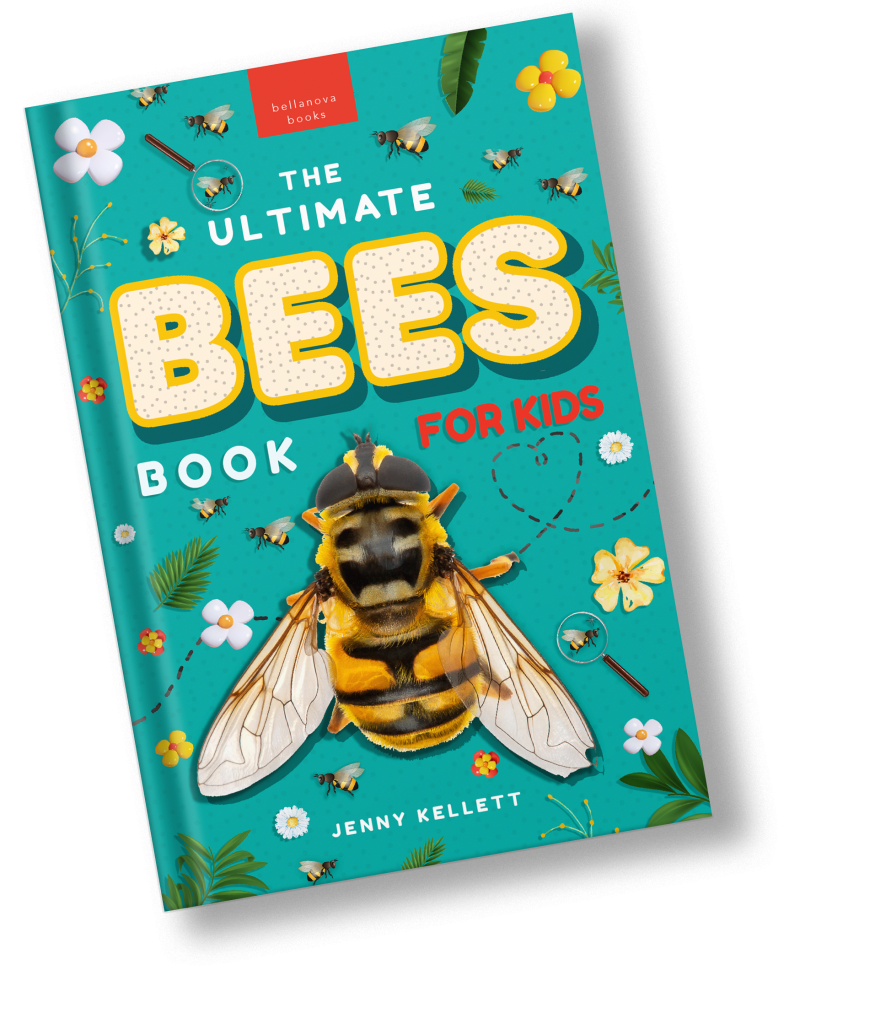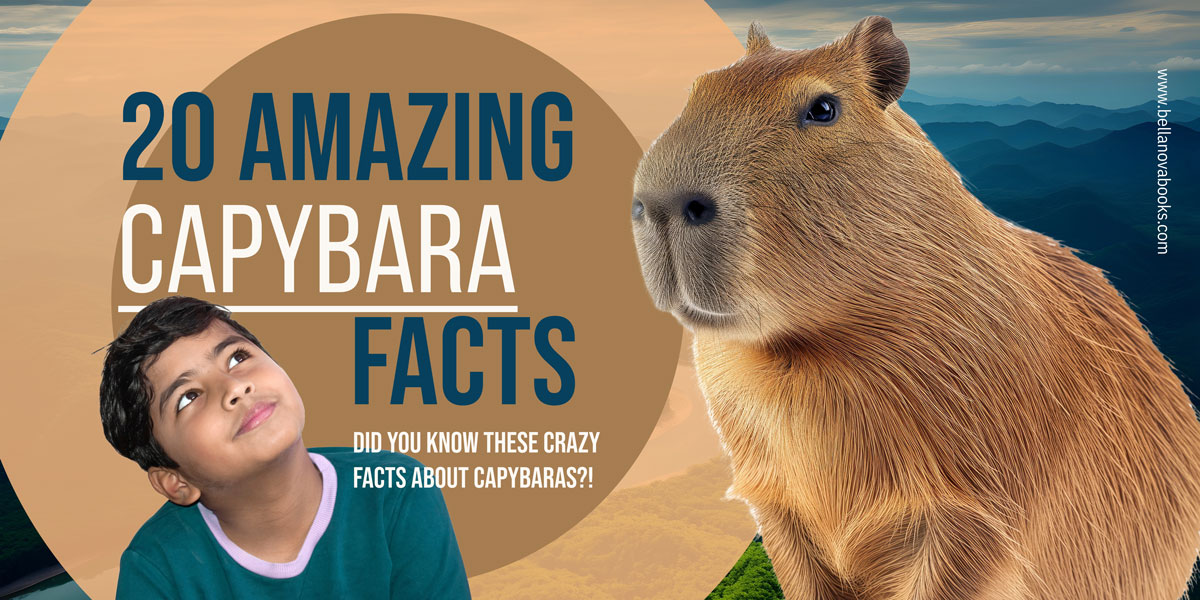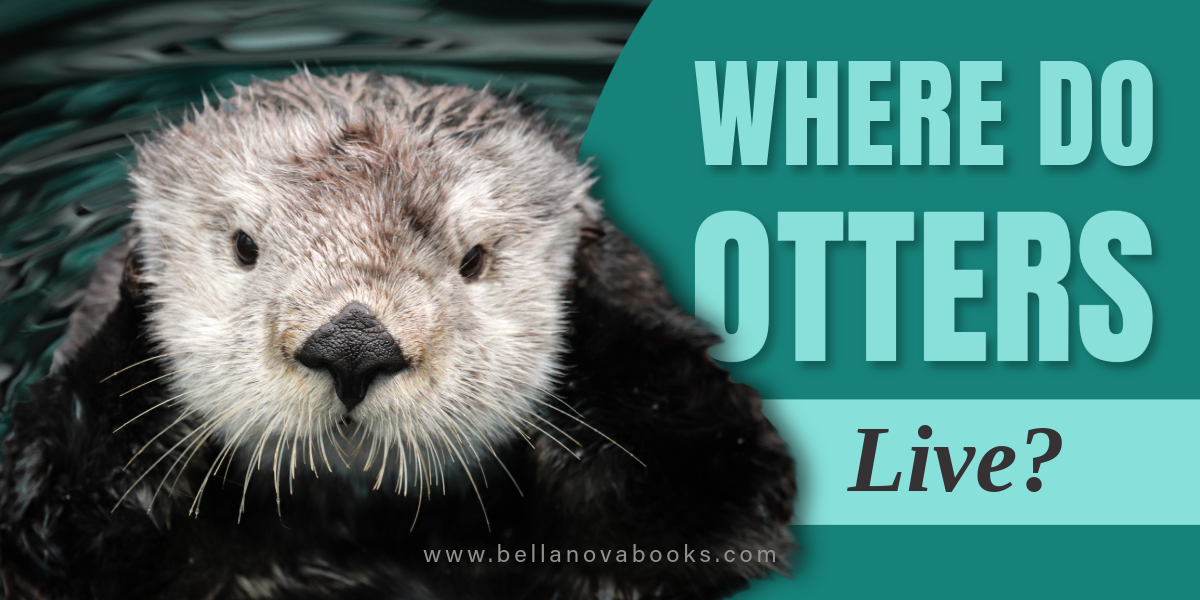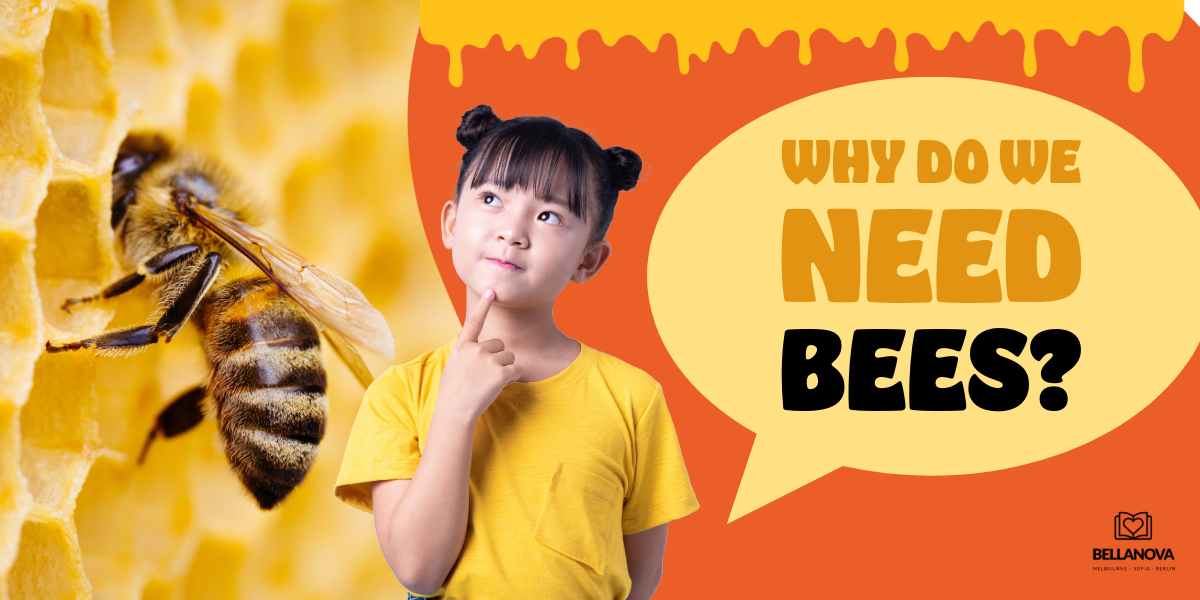
Bees to the Rescue: How Bees Are Saving Our Planet!
Bees are much more than just the little buzzers that might interrupt your picnic. They actually play a huge role in keeping our world healthy and full of delicious foods. Let’s zoom into the world of bees and discover why these small creatures are so important for our planet! And if you want to learn more, you can check out The Ultimate Bee Book for Kids.
The Power of Pollination
Pollination might sound like a fancy word, but it’s actually a pretty cool and simple idea: bees help plants grow by spreading pollen from one flower to another. This helps plants produce fruits and seeds. Think about it: no bees, no strawberries, no chocolate (since cocoa plants need pollination too!), and no almonds!
Bees are super important because they help pollinate about one-third of the food we eat. So next time you bite into an apple or snack on some blueberries, remember, bees played a big part in bringing that food to your table. They don’t just help us, though; animals in the wild rely on these plants too.
Bees and the Balance of Nature
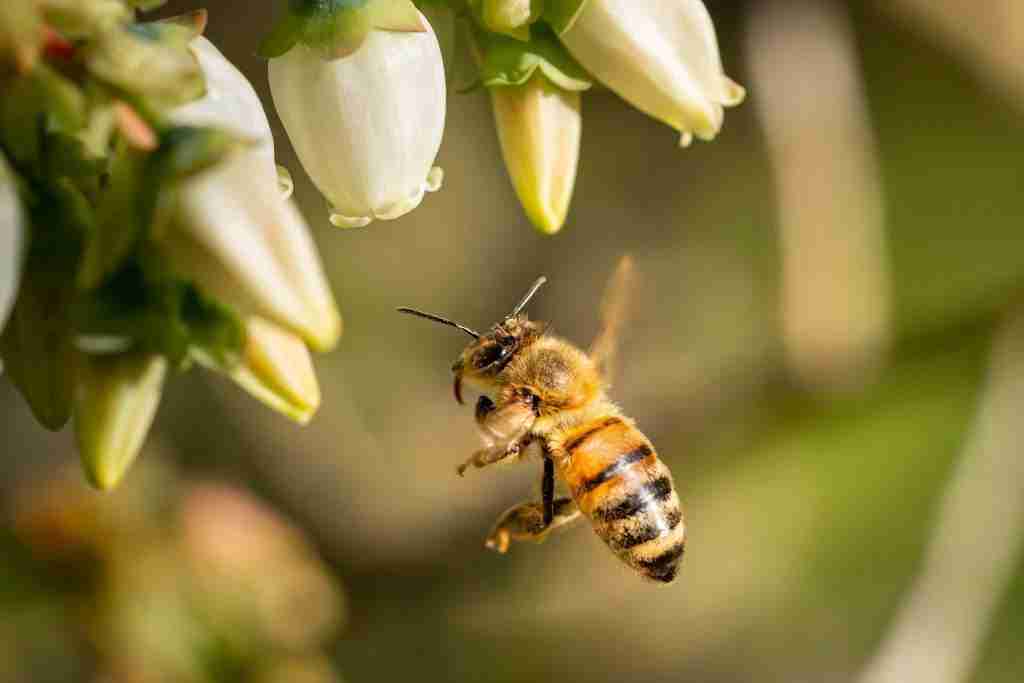
Bees do more than just pollinate food crops; they help all kinds of plants grow. This is really important for keeping lots of different plants and animals thriving. When we have lots of different types of plants and animals, our environment is healthier and can handle challenges like bad weather or diseases better.
If bees weren’t around, many plants would disappear, and our environments would suffer. That could make it harder for other plants and animals to survive, which would change our world a lot.
Bees and the Economy
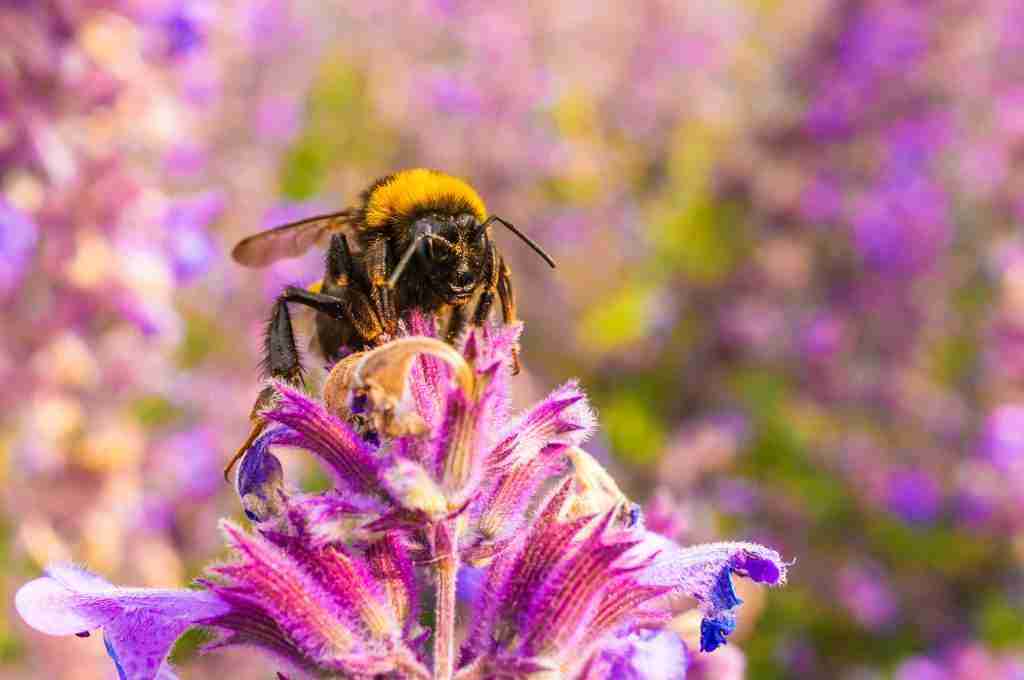
Did you know that bees help our economy too? In the United States, bees’ work in pollinating plants is worth over $15 billion each year. That’s a lot of money! Farmers need bees to help grow their crops like fruits and vegetables. If we didn’t have bees, it would cost a lot more money to grow these foods, which means we might have to pay more to buy them at the store.
Bees Need Our Help
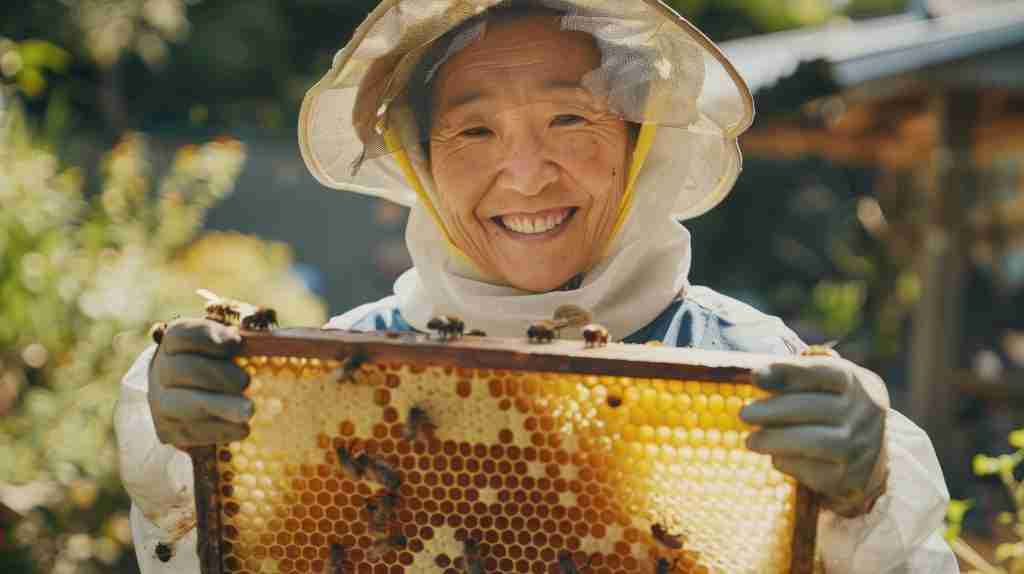
Sadly, bees are in trouble because of things like losing their natural homes, harmful chemicals used in farming, and diseases. If we don’t help them, we could face big problems, like not having enough food and losing the beautiful natural spaces we love.
Everyone can help bees in simple ways, like planting flowers that bees like or using fewer chemicals in our gardens. Even talking about how important bees are can make a big difference.
Cool Bee Facts to Share
Here are some fun facts about bees that you can share with your friends and family:
- Bees are great dancers. They do a special dance called the “waggle dance” to tell other bees where to find food.
- Bees have five eyes. They have two big eyes and three smaller ones to help them see.
- There are over 20,000 different types of bees in the world, and they come in all sizes and colors (source).
Learn More with “The Ultimate Bee Book for Kids“
Want to find out more cool things about bees? Check out “The Ultimate Bee Book for Kids.” It’s packed with fun facts, amazing pictures, and cool activities that will help you learn all about why bees are so awesome and how you can help them.
Let’s Help Our Bee Buddies
By learning about bees and telling others about how important they are, we can make a difference. Let’s work together to make sure these tiny heroes can keep doing their big job. The health of our planet might just depend on them!
Next time you see a bee buzzing around, remember that it’s not just looking for nectar—it’s helping our planet. Let’s do what we can to help bees keep buzzing!
- Science Daily, 2019. Decline of bees poses potential risks to major crops, says study. [online] Available at: https://www.sciencedaily.com/releases/2019/05/190522141555.htm [Accessed 17 May 2024].
- Isbell, F., Craven, D., Connolly, J., Loreau, M., Schmid, B., Beierkuhnlein, C., Bezemer, T.M., Bonin, C., Bruelheide, H., de Luca, E., Ebeling, A., Griffin, J.N., Guo, Q., Hautier, Y., Hector, A., Jentsch, A., Kreyling, J., Lanta, V., Manning, P., Marquard, E., Müller, R., Niklaus, P.A., Polley, H.W., Reich, P.B., Seabloom, E.W., van Ruijven, J., Weigelt, A., Wilsey, B., Zavaleta, E.S., 2017. Biodiversity enhances ecosystem multifunctionality across trophic levels and habitats. Nature Ecology & Evolution, 1(8), pp.1-7. Available at: https://www.nature.com/articles/s41559-017-0255-1 [Accessed 17 May 2024].
- Calderone, N.W., 2012. The Value of Pollinators to Agriculture. Economic Research Service, United States Department of Agriculture. Available at: https://www.ers.usda.gov/webdocs/publications/45430/11537_eib11_1_.pdf [Accessed 17 May 2024].
- BBC, 2019. Why the world needs a Plan ‘Bee’. [online] Available at: https://www.bbc.com/news/science-environment-48870920 [Accessed 17 May 2024].
- Sheffield, C.S., 2019. Global patterns of bee diversity. Biological Conservation, 237, pp.392-417. Available at: https://www.sciencedirect.com/science/article/pii/S0006320719307797 [Accessed 17 May 2024].



